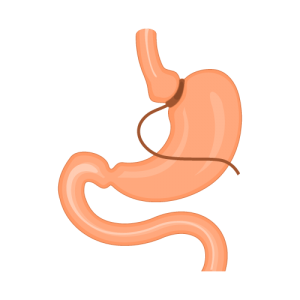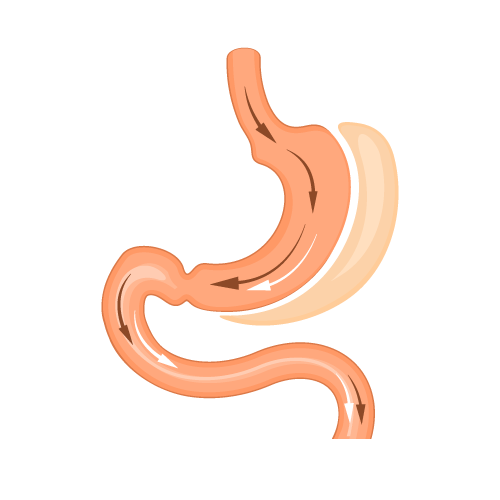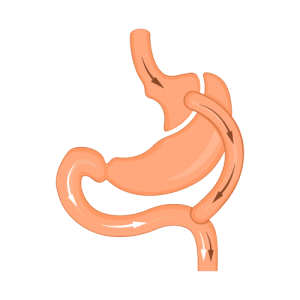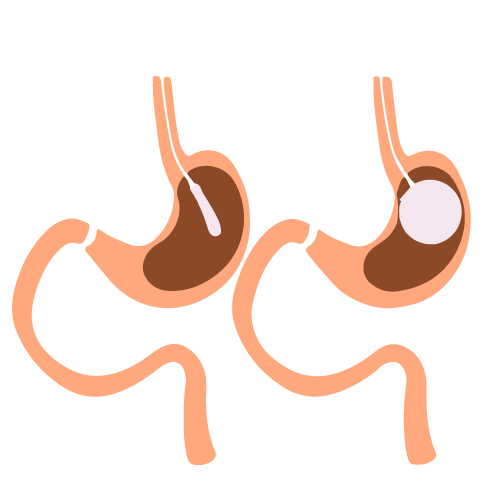
Book Now
What is Bariatric Surgery ( Weight Loss Surgery )?
Bariatric surgery is an option if someone cannot lose weight by other means or suffer from serious health problems related to obesity. Bariatric surgery is a medical treatment, not a cosmetic intervention. A carefully designed bariatric procedure can be a powerful tool to help control food intake.
To find out more, please make an appointment to see us.
What is Metabolic Surgery?
This refers to the use of gastro-intestinal surgery to treat disorders related to excess body fat such as type 2 diabetes mellitus or high blood pressure. Gastro-intestinal surgery alters digestive process to help and control food intake and lose weight. Almost 90% of people suffering from diabetes are able to reduce or eliminate diabetic medication completely after metabolic surgery and yet maintain good blood sugar levels. If patient do not have diabetes but are at risk, losing weight can significantly reduce the risk of getting diabetes. Metabolic surgery also improves the control of other metabolic disorders such as hypertension, cholesterol abnormalities, fatty liver and polycystic ovarian syndrome. To find out more about metabolic surgery, please make an appointment to see us.
Types of Procedures
Gastric Band

A silicone band is placed around the upper part of the stomach to act as a valve and control the amount of food entering the stomach. It forces the patient to take small morsels of food and chew carefully.
Gastric Sleeve

The stomach is stapled to reduce the amount of food it can hold. The part of the stomach that is stapled and removed is known to produce the hunger hormone “ghrelin”. Whether to eat quickly or slowly, it will feel full after a few morsels of food.
Gastric Bypass

The gastric bypass operation is actually a combination of stomach restriction and intestinal bypass. It is designed to achieve 2 things:
- Restriction of food intake
- Reduced length of intestine for absorption
Because of the intestinal bypass component, patient will have to take multivitamin, iron and calcium supplements for life to prevent nutritional deficiencies.
Gastric Balloon (Non-Surgical)

This is a purely endoscopic treatment for weight loss. No incisions / surgery is required.
A silicone balloon is placed in stomach using a gastroscope under sedation. The balloon will need removal in 4 or 6 months (depending on the type). The balloon occupies space in the stomach and gives a feeling of fullness, helping to cut down food portion sizes during mealtimes.
FAQs
How long after metabolic and bariatric surgery will I have to be out from work?
Most patients return to work in one or two weeks after surgery. If patient may have low energy for a while after surgery but Bariatric Surgeon, Dr Rohit Kumar will be able to give clear instructions on post-surgery care. Safety and health is our top priority.
Will it be able to become pregnant after surgery?
Yes, bariatric surgery often increases fertility in women who have previously had difficulty conceiving. However, patient should avoid becoming pregnant for 18 to 24 months after surgery, until the weight has stabilized.
What if patient still feel very hungry?
The types of food patients are eating, especially starches (rice, pasta, potatoes), can increase the hunger. Eating more protein and fibre is helpful for many patients. It is important to understand the differences between physical hunger and a desire to eat that is caused by food cues or triggers. Get answers and support at our clinic, where our in-house dietician will be able to advise accordingly.
Can someone go off some of the medications after surgery?
Yes, as patient lose weight he/she may be able to reduce or eliminate the need for many of the medications to take for high blood pressure, heart disease, arthritis, cholesterol, and diabetes. This effect can often be seen within the first few days after bariatric and metabolic surgery.

Dr. Rohit Kumar
MD, MS, FMABS, FIASGO, FIAGES, FMAS, FHBPS, FACS
Specialist General Surgeon & Medical Director
Dr. Rohit Kumar is a Specialist General Surgeon with a keen focus on Minimal Access and Bariatric Surgery. He has performed over 6,000 successful surgeries in tandem with his team. His expertise is in Laparoscopic Bariatric surgery, but he is well-versed in other surgical interventions like breast cancer, varicose veins, proctology, and general surgical procedures.
Dubai,UAE